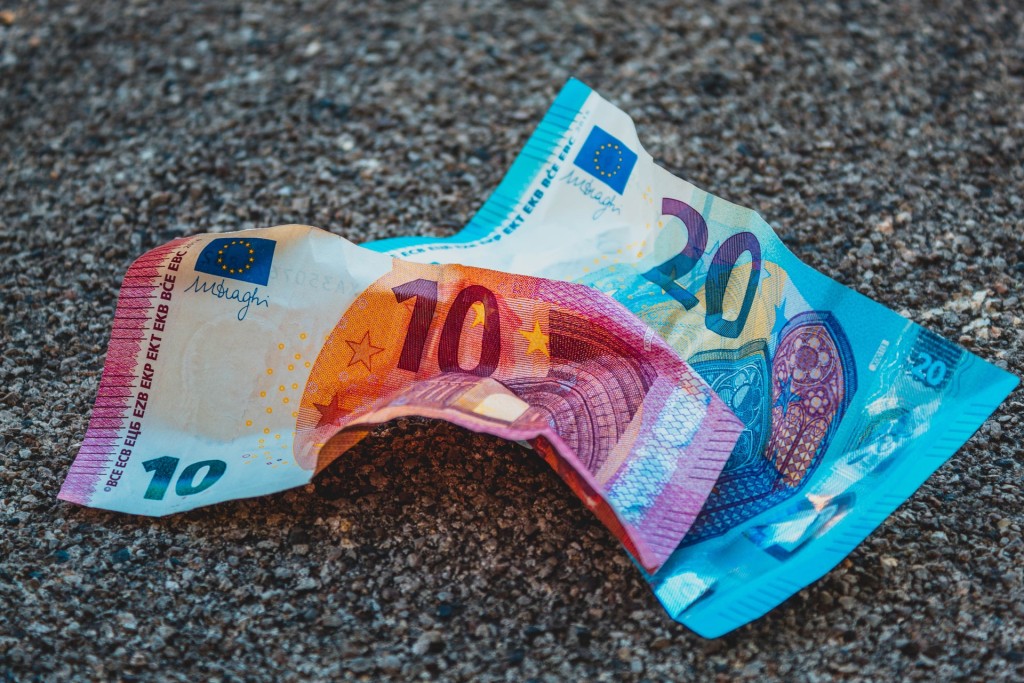
How Much Fuel Could Be Bought with Average Monthly Income in EU?
The growing energy costs play an important role for the increase of the overall consumer price indices during the last couple months and threatens a maintenance of high inflation rates during the entire 2022.











